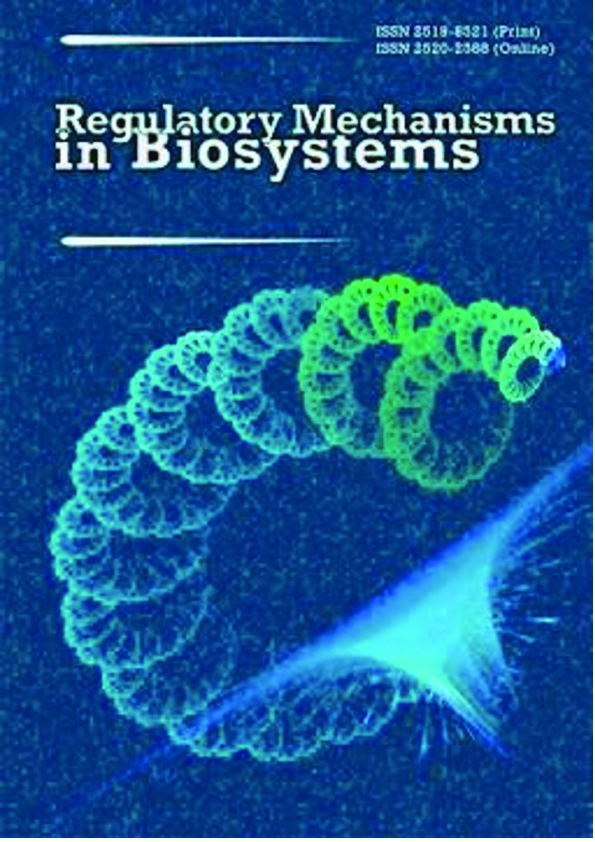id: 36824
Title: Productivity of bee families and biomonitoring of corbicular pollen and war-affected honeybee foraging sites with cultivated honey clover (Melilotus albus)
Authors: Razanov S.F., Ibatulin I.I., Razanov O.S., Dydiv A.І., Voynalovich M.V., Lysak H.А., Lopotych M.J.
Keywords: corbicular pollen; soil; Melilotus albus; lead; cadmium; zinc; bee families; honey; brood
Date of publication: 2024-09-01 12:33:25
Last changes: 2024-09-01 12:33:25
Year of publication: 2024
Summary: As a result of military actions, some territories of Ukraine have suffered technogenic loading on the environment. Of special concern is disturbed agricultural soils that are significant for food safety of the country. Soils affected by military actions require control of contamination and restoration of fertility. The studies revealed the advantages of cultivating honey clover (Melilotus albus) in war-affected soils and controlling content of heavy metals in soils and corbicular pollen from honey clover cultivated in those soils. In gray forest average-loamy soils that had been affected by military actions, nitrogen content increased 6.3% thanks to cultivation of M. albus. High nitrogen content in soil improves its fertility. Cultivation of M. albus in affected soils promoted more intensive growth of the bee families, encouraging them to gather nectar more actively. As a result, this apiary produced greater amounts of honey, corbicular pollen, and bee pollen. The conducted studies revealed heightened levels of lead, cadmium, and zinc in the war-impacted agricultural land, compared with the territory beyond the impact zone. This caused increased content of heavy metals in corbicular pollen from M. albus. Contamination of corbicular pollen from M. albus manifested in excess over the allowable norms of cadmium, lead, and zinc. At the same time, the highest coefficient of transfer from soil into corbicular pollen was found for zinc. The high degree of contamination of the soil with heavy metals as a result of military action promoted a high level of ingress of lead and cadmium into the corbicular pollen, compared with the situation in clean territory. The study results expand the available data on biomonitoring of apiary products and foraging lands in contaminated areas. Analysis of the corbicular pollen and pollen can give information about the level of environmental contamination and help evaluate the ecological state of melliferous sites. Such a monitoring can be useful for decision making regarding the protection of the environment and healthcare.
URI: http://socrates.vsau.org/repository/getfile.php/36824.pdf
Publication type: Статті Scopus
Publication: Regulatory Mechanisms in Biosystems. 2024. Vol. 15 (1). P. 171-176. DOI: 10.15421/022425
In the collections :
Published by: Адміністратор
File : 36824.pdf Size : 2034157 byte Format : Adobe PDF Access : For all

| |
|
|